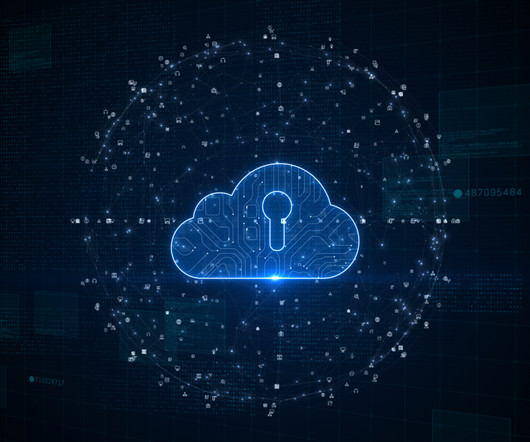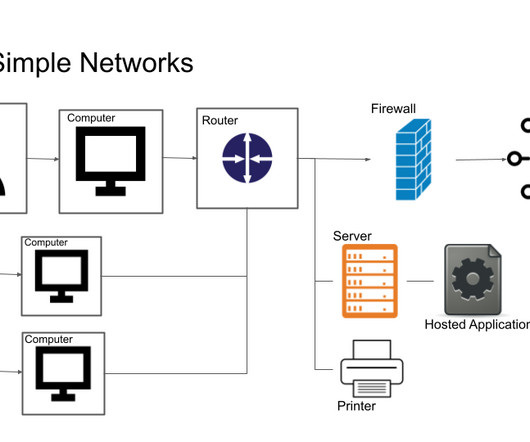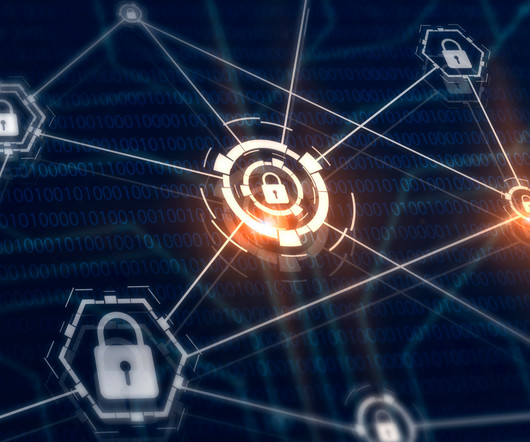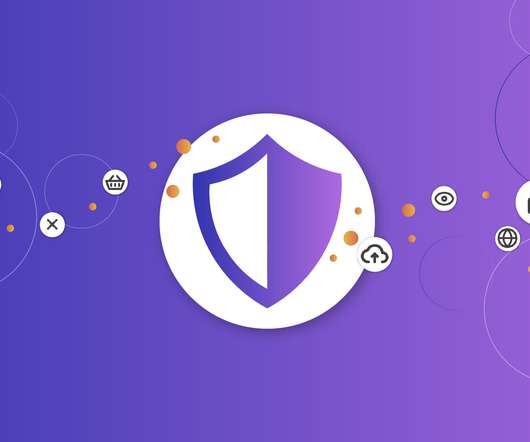What Is Encryption? Definition, How it Works, & Examples
eSecurity Planet
DECEMBER 7, 2023
Encryption uses mathematical algorithms to transform and encode data so that only authorized parties can access it. What Encryption Is and How It Relates to Cryptology The science of cryptography studies codes, how to create them, and how to solve them. How Does Encryption Process Data? How Does Encryption Process Data?















Let's personalize your content